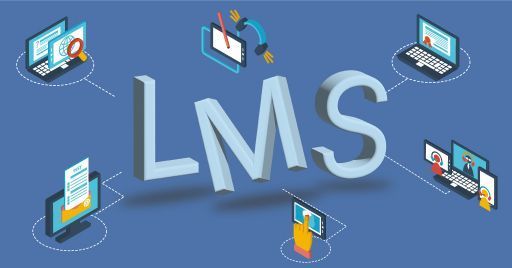

Questions to answer before choosing an LMS
Pandemic has given a big boost to eLearning, and the offerings, once limited to a few players, have clearly expanded. How do you choose your LMS?
Questions to answer before choosing an LMS
Pandemic has given a big boost to eLearning, and the offerings, once limited to a few players, have clearly expanded. How do you choose your LMS?
What features, functionality and reporting requirements, should a customer interested in acquiring an LMS look at to properly evaluate?
- Who is the learner?
As with any type of learning solution, it starts with the person to whom the course will be administered. Who is the audience that will access the LMS? Are you targeting your employees or an external audience?
These two audiences are very different: from how they access the training content, to why they need it, to communications with them, to the metrics you want to monitor.
- How many users do you have?
- Do you need to organize users into groups?
- How will they access the system?
- Will they have to self-register or will the login be provided to them at launch?
- Do you need an LMS that can integrate with other systems for single sign-on authentication?
- For external learning recipients: will they have to subscribe or pay to access the system?
- What is their experience using an LMS or similar online system?
These initial considerations only skim the surface of your technical needs and need further study.
What kind of content do you want to administer?
If you are considering learning management systems, it is likely that you have existing training content to make available to your audience, or that you plan to create or procure it.
Consider the training content you want to offer:
- What are the formats of your training content?
- Is access to some content contingent on completion of a prerequisite?
- How are the corresponding courses and resources grouped? Do you plan to develop prescribed learning pathways for specific curricula or student groups?
- If you want to deliver instructor-led live training, do you want learners to be able to sign up and register through the LMS?
- Do you need a partner to support you in developing custom content or have a ready-made training library?
In addition to the type of content you have, it is also helpful to know how much. If you have the opportunity, try to quantify what you intend to distribute and monitor in your LMS.
What data do you want to collect?
Let's come to reporting. One of the greatest benefits of an LMS is the ability to track and report learning outcomes.
Let's look at some of the types of data you may want to track in your LMS:
- Active Users: How many users are using your LMS at any given time?
- Course Completion: How you track this data can be different depending on the type of content. For example, eLearning can be tracked based on the score of a passed quiz or the number of pages viewed in the course, a video can be tracked and marked as complete if the learner reaches a certain percentage of fruition, and a PDF can be marked as complete if the learner simply opens it.
- Assessment Scores: You may want to track learners' scores for a specific exam or quiz. Also, if you want to find out whether a piece of training content has improved knowledge or performance, you can implement a pre and post assessment to measure the difference in learners' scores. Finally, you may want data at a more granular level, tracking learners' responses to each individual question.
- Time tracking: How long does it take learners to complete an eLearning module? If you find that your learners take longer than expected, it may mean that there are user experience issues or that the content administered is too difficult.
- Surveys: Collect feedback, demographic information, and audience trust levels.
In addition to providing critical data to leadership and the L&D team, reports can also serve as a mechanism for engaging learners with rankings and recognition.
How will you communicate with your audience?
Many LMSs today offer the ability to notify learners when a new course is added or send a specific communication, such as reminding learners to complete mandatory training by the course deadline.
In defining your LMS requirements, think about how and when you want to use communication features.
Who will be the administrators?
Determining how the role of the LMS administrator will be played in your organization can be a deciding factor in evaluating LMS vendors. Are you going to dedicate the LMS administrator to be a full-time person with a strong technical background? Or will some of the managers take on this responsibility?
Many LMSs will have exactly the features you want, but back-end administration may be too complicated for your team to manage if they do not have the necessary technical skills.
Conclusions
Don't rely on a Google search; instead, define your needs, ask for demos and test as many LMS platforms as possible before choosing yours.
For more information on this topic, also read: